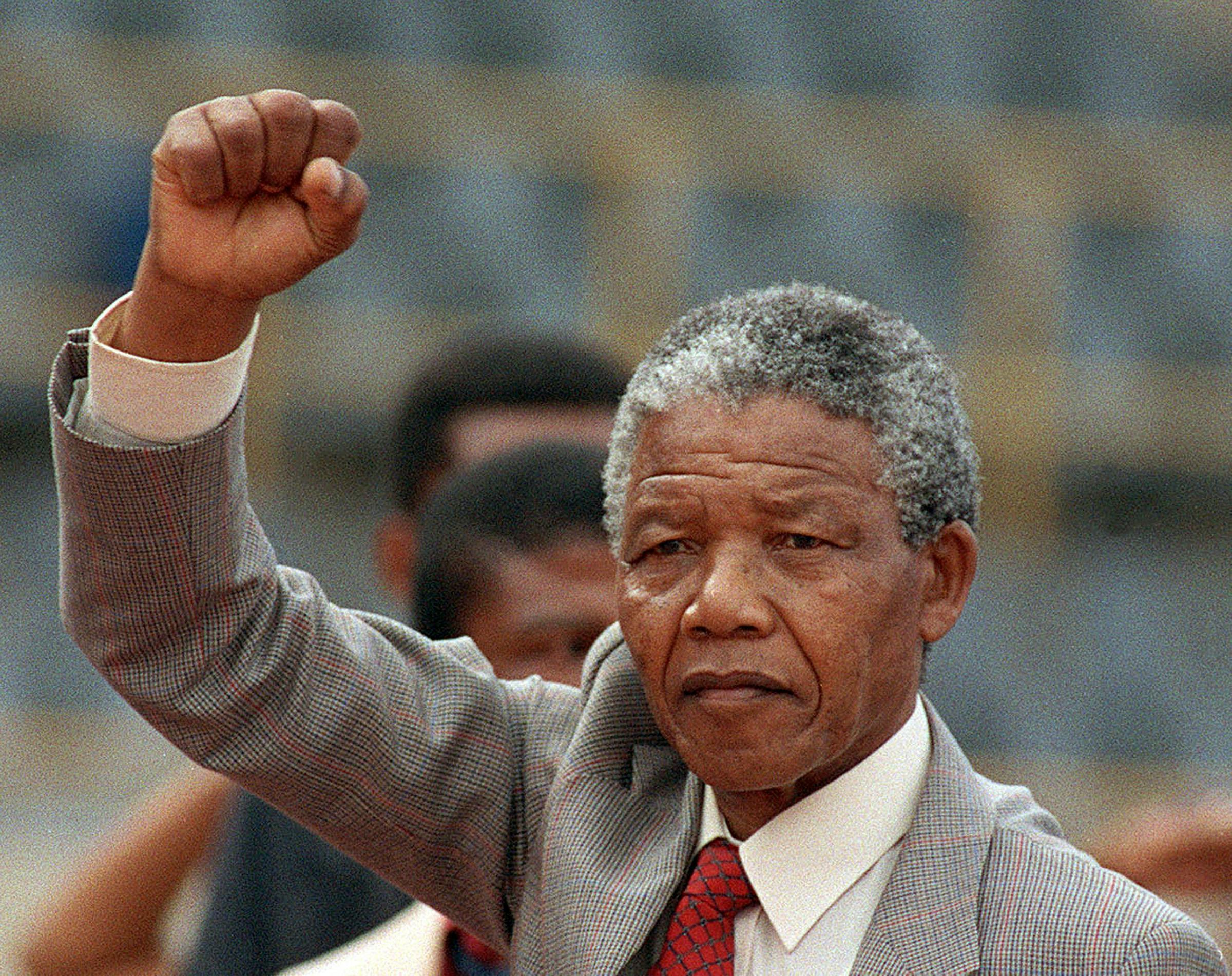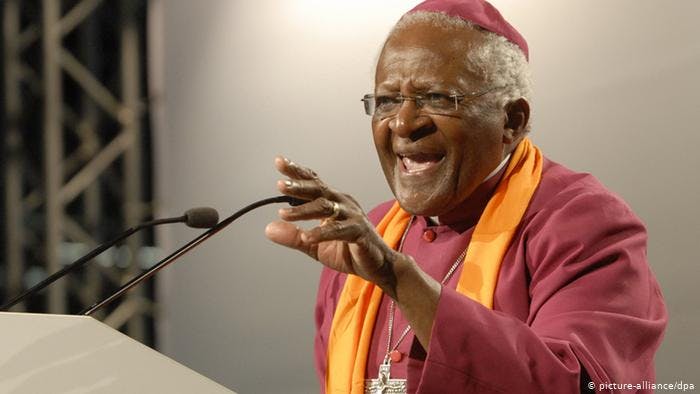Strengths and Weaknesses of Nelson Mandela’s Leadership
This series is part of the essays I've written as part of the PGLA module.
Nelson Rolihlahla Mandela is no doubt an iconic leader. He is known world over for his anti-apartheid revolution in South Africa and for his efforts, was jointly awarded the Nobel Peace Prize in 1993. Having said that, like everyone else, Mandela is only human and despite being internationally renowned and successful, he has his flaws.

One of Grint’s (2019) leadership topology is Leadership as a person. Nelson Mandela is an embodiment of this topology. Mandela once said, ‘A winner is a dreamer who never gives up’ (Quotespedia.org [1]) and he walked the talk. The man was imprisoned for 27 years and never for once lost sight of his goal – overthrowing the colonial powers that established apartheid, a system of racial segregation that privileged whites. He was relentless in driving his point across and much like MK Gandhi before him, left no stone unturned in making a case for his organization, the African National Congress (ANC). Goalcast [2], a motivational website says, ‘His courage in the face of oppression stands as an example of the power of passion and perseverance to change the world’. Two aspects come to light – his perseverance and his passion for his goal. Serving 27 long years in jail is no easy task. In order to spend such a long time away from your family and the things you like requires a lot of mental strength, along with physical strength. Mandela had both these traits in his arsenal. After his imprisonment ended, he had the energy to serve as South Africa’s President for 5 more years, which shows his commitment towards his country.
He was pivotal in creating a united and non-racial democratic South Africa. He had to balance on one hand, the whites and on the other hand, his black brothers and sisters – and this needed good negotiation skills and he was very good at it, according to his good friend Richard Stengel (2008).
Mandela had courage, charisma, and conviction – three desirable qualities in any leader. They helped him amass a huge follower-base for his revolution against apartheid. Overall, Mandela’s leadership was made of high determination and zeal and as a person, who could go over and beyond the call of duty to make sure his movement’s goals are met.
As Archbishop Emeritus Desmond Tutu (2013) quotes, one of Mandela’s weaknesses was the loyalty he had to his party, ANC, and its members. This clouded his judgment and he was criticized for it [3]. Robert Ferguson (2013) says that a good leader must be fair and impartial, focussing on making good decisions that benefit everyone, not just a few[4]. However, Mandela according to Desmond Tutu, retained underperforming and incompetent ministers in his cabinet just because of their loyalty to the party. This was not expected from a leader of his stature. Retaining such ministers was not in the best interest of his people.
Although Mandela was a rare gem as Desmond Tutu says, South Africa’s ‘Father of the Nation’ does have certain flaws in his leadership style.

References:
[1] - quotespedia.org/authors/n/nelson-mandela/a-..
[2] – goalcast.com/2017/05/02/top-nelson-mandela-..
[3] - iol.co.za/capetimes/loyalty-was-mandelas-we..
[4] - fergusonvalues.com/2013/09/the-impartial-le..
#leadership #pgla